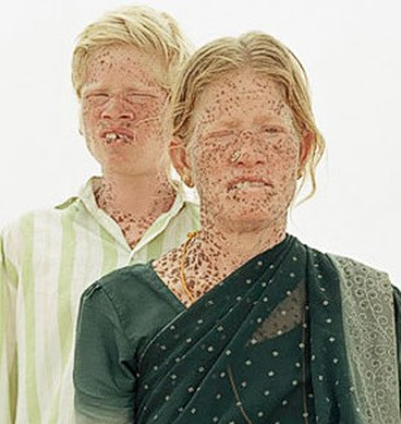

Time to rethink the law on part-human chimeras. Generation of rat pancreas in mouse by interspecific blastocyst injection of pluripotent stem cells. Valparaiso University Law Review 32 (2): 679–705. The wisdom of repugnance: Why we should ban the cloning of humans. It is ethical to transplant human stem cells into nonhuman embryos. Kennedy Institute of Ethics Journal 15 (2): 107–134. Developing Human-Nonhuman Chimeras in Human Stem Cell Research: Ethical Issues and Boundaries. “Human-pig ‘chimeras’ may provide vital transplant organs, but they raise ethical dilemmas” The Conversation. Journal of Agricultural and Environmental Ethics 30 (1): 37–54. Industrial farming is not cruel to animals. Journal of Agricultural and Environmental Ethics 28 (2): 277–291. Forebrain engraftment by human glial progenitor cells enhances synaptic plasticity and learning in adult mice. Journal of Agricultural and Environmental Ethics 1: 1–20. New York: Oxford University Press.įischer, Bob, and Andy Lamey. In The Oxford handbook of food ethics, ed. Journal of Agricultural and Environmental Ethics 29: 255–263.įischer, Bob. The Journal of Medicine and Philosophy 34: 470–486.įerré, Frederick. Metaphysical and ethical perspectives on creating animal-human chimeras. Journal of Moral Philosophy 6 (2): 143–165.Įberl, J.T., and R.A. Moral vegetarianism from a very broad basis. Oxford: Oxford University Press.ĭeGrazia, David. Animal rights: A very short introduction. The Yale Journal of Biology and Medicine 91 (3): 333–342.ĭeGrazia, David.

Generating human organs via interspecies chimera formation: Advances and barriers. Journal of Agricultural and Environmental Ethics 16: 387–394.ĭe Los Angeles, A., N. The least harm principle may require that humans consume a diet containing large herbivores, not a vegan diet. Concise review: Human-animal neurological chimeras: Humanized animals or human cells in an animal. South African Journal of Bioethics and Law 12 (2): 66–71.Ĭrane, Andrew, J.P. Pig-to-human xenotransplantation: Overcoming ethical obstacles. “Strict Vegetarianism is Immoral.” In The Moral Complexities of Eating Meat, Ben Bramble and Bob Fischer (eds.), Oxford University Press, 30–47.Ĭox, Christopher. Stem Cell Research & Therapy 7: 1–7.īruckner, Donald 2015. Human–animal chimeras: Ethical issues about farming chimeric animals bearing human organs. Journal of Agricultural and Environmental Ethics 32 (1): 165–182.Īmerican Transplant Foundation, 2019. Save the meat for the cats: Why it is wrong to eat roadkill. The oldest woman to have fetal cells in her brain was 94 years old, suggesting that these cells can sometimes stay in the body for a lifetime.Abbate, Cheryl. They found that 63 percent of these women had traces of male DNA from fetal cells in their brains. In a 2012 study, researchers analyzed the brains of 59 women ages 32 to 101, after the women had died. In some cases, fetal cells may stay in a woman's body for years. The researchers knew that the cells were from the fetus, and not from the mother, because the cells contained a Y chromosome (found only in males) and all of the women had been carrying sons. The study found that the women had fetal cells in all of these tissues. The researchers tested tissue samples from the kidneys, livers, spleens, lungs, hearts and brains of 26 women who died while pregnant or within one month of giving birth. This can happen when a woman becomes pregnant and a small number of cells from the fetus migrate into her blood and travel to different organs.Ī 2015 study suggested that this happens in almost all pregnant women, at least temporarily. More commonly, people may exhibit so-called microchimerism - when a small fraction of their cells are from someone else. A blood transfusion will also temporarily give a person cells from someone else, but in a bone marrow transplant, the new blood cells are permanent, according to the Tech Museum of Innovation in San Jose, California. But in other cases, recipients may have a mix of both their own blood cells and donor ones, according to a 2004 review paper (opens in new tab) in the journal Bone Marrow Transplantation. In some cases, all of the blood cells in a person who received a bone marrow transplant will match the DNA of the donor.


 0 kommentar(er)
0 kommentar(er)
